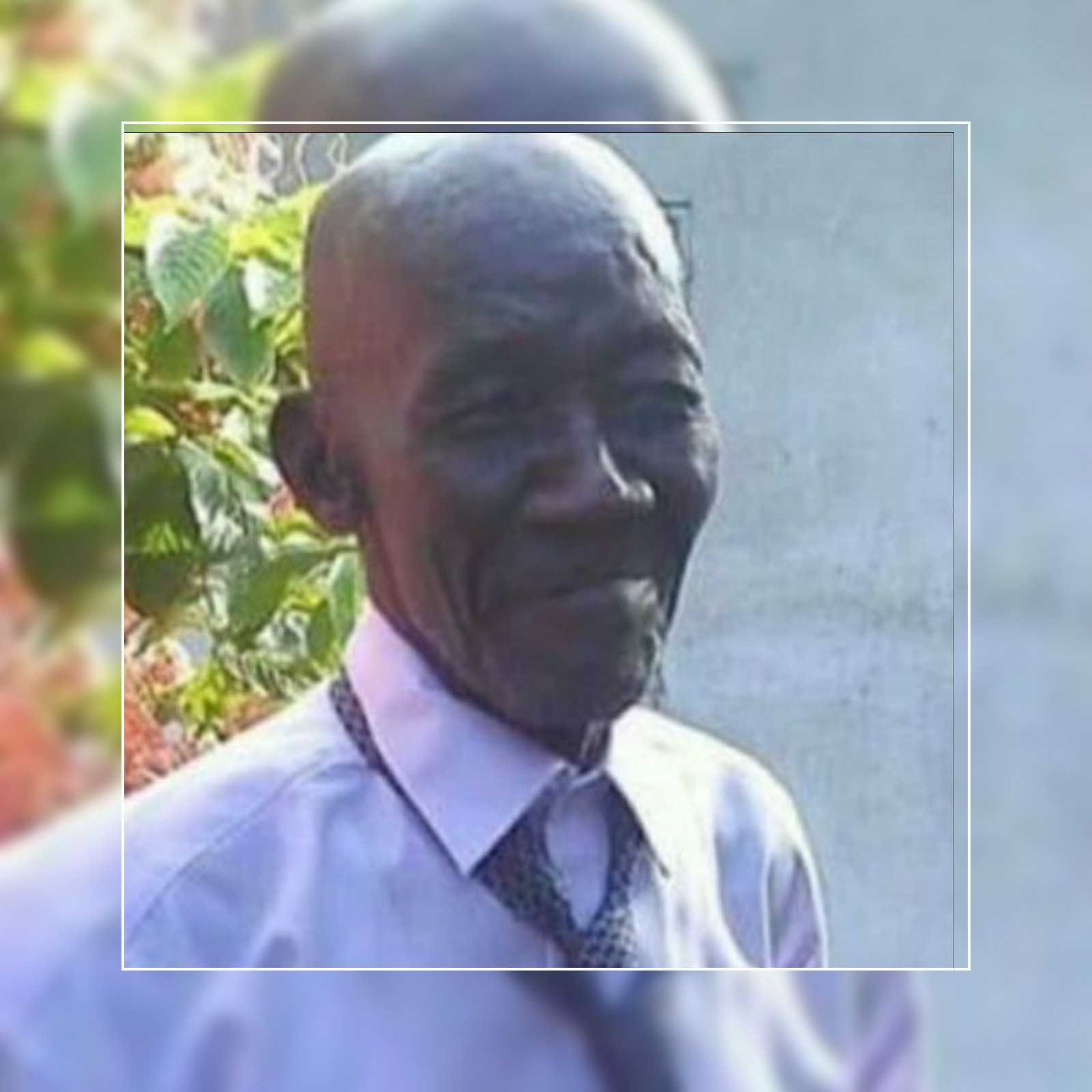
The Pan American Health Organization Representative for Barbados and the Eastern Caribbean Countries, Dr. Yitades Gebre, is urging ministries of health and other sectors to scale up efforts to prevent the occurrence of severe Dengue Fever outbreaks in the region.
“Since the start of the rainy season, increased dengue activity above the seasonal threshold have been reported from the islands of Saint Lucia, Saint Vincent and the Grenadines, and recently from Grenada,” Dr. Gebre reported.
“The French Department territories Martinique, Guadeloupe and Saint Barthelemy, continue to experience high level of transmission and hospital admissions. In the majority of the cases, children under 15 years have been affected disproportionately and seek hospital admissions for severe Dengue.”
Saint Lucia has recorded 237 cases to date, compared to 20 cases in 2019, with 29% of the total cases being admitted to hospital. Children under the age of 15 account for 38% of admissions.
Martinique recorded 1800-2000 cases and 5 deaths, with children accounting for 23% of hospital admissions. In Guadeloupe, there were 590 suspected dengue cases in the last three weeks.
Dr. Gebre is cautioning that “the increase in dengue cases in the last three weeks and reported deaths calls for immediate actions to be undertaken to slow down the dengue virus transmission in affected communities and minimize its impact on people’s lives. Ministries of health in collaboration with the communities need to intensify disease surveillance activities, both epidemiological and of the insect vector, and strengthen health systems to ensure early detection and prompt management of dengue cases without jeopardizing the gains of the past eight months in the fight against COVID-19.”
The PAHO Representative further stated that “the policies, strategies and plans for dealing with both diseases at all levels of the health care delivery systems should be given priority at this time within the larger context of national health disaster management frameworks involving all relevant sectors.
“PAHO is collaborating with officials in the affected Eastern Caribbean countries and monitoring the situation and mobilizing resources to assist the member states on surveillance, laboratory diagnosis, clinical management, and integrated vector control management, including health promotion and risk communication.”
Dengue Fever is transmitted mainly by the bite of Aedes Aegypti mosquito. Dengue infection is also indirectly impacted by climate crisis due to the projected increases in temperature and humidity; and fluctuations in rainfall with seasons of heavy rainfall interrupted by long, dry spells.
Human activities also contribute significantly to the spread of dengue. The storage of water in containers which are uncovered and/or incorrectly managed and the indiscriminate dumping of unwanted receptacles such as used tyres, empty bottles, etc. provide breeding sites for the mosquitoes. Individuals and communities are asked to actively participate in reducing the spread of dengue by accessing health care early, through the management of water storage containers and the cleaning up of their premises and disposal of unwanted containers.





